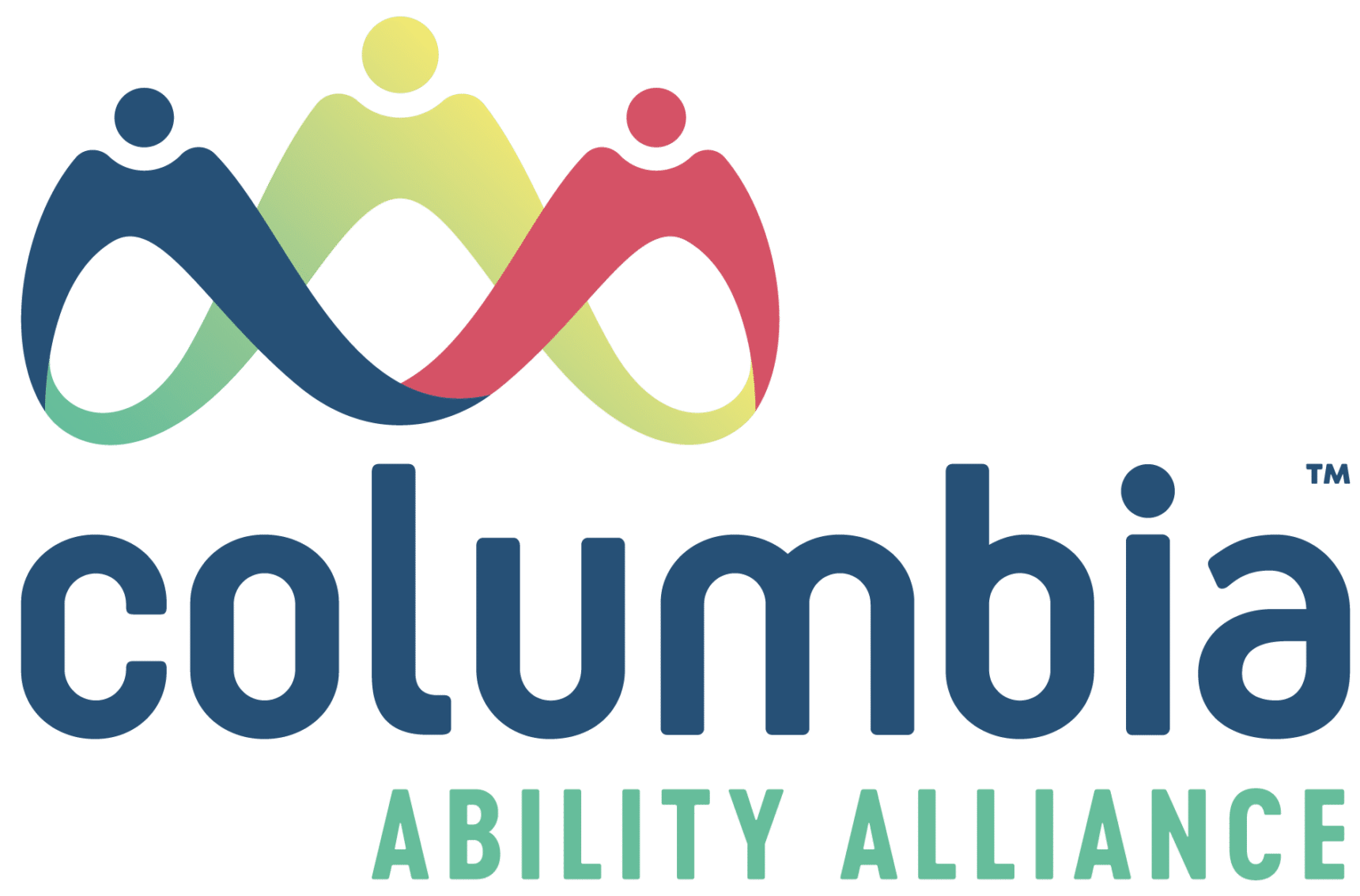Home » Employer Partnerships » FAQ
Employer Partnership FAQ
Frequently Asked Questions
What is a developmental disability?
Developmental disabilities are conditions that impact cognitive abilities and learning, making it necessary for individuals to receive assistance with practical and social daily activities. This term encompasses a wide range of unique skills and abilities, including conditions such as Down Syndrome, Cerebral Palsy, and Autism.
What should I expect from an employee with a developmental disability?
Employees with developmental disabilities, like all employees, have a diverse range of strengths, weaknesses, talents, and abilities. They may possess experience and interest in your field, along with valuable soft skills such as customer service, teamwork, and a strong motivation to work. There could be individuals in your community with developmental disabilities who have the specific skills you need to enhance your business.
How will this affect my other employees?
Many co-workers report that working alongside individuals with developmental disabilities has improved their teamwork and enriched their workplace culture. Initial uncertainty often stems from a lack of knowledge about what to expect. To address this, Columbia Ability Alliance offers support through Employment Specialists who can visit your business, meet with your staff, and provide answers to any questions or concerns. We also offer tailored diversity and co-worker training to meet your specific business needs. As your business evolves, we are here to help you navigate these changes.
How will this benefit my business?
Finding reliable, long-term, entry-level employees can be challenging. People with disabilities are an underutilized resource in many industries. Our job seekers are eager to maintain long-term employment, and a good job match can result in retaining an employee in a typically high-turnover position for many years. Employers frequently share that hiring individuals with developmental disabilities benefits both the business community and their bottom line.
How does the attendance of people with disabilities compare with that of non-disabled employees?
Studies, including a long-term study by DuPont, have shown that employees with disabilities perform similarly to non-disabled employees in terms of attendance, job performance, and safety. Over 35 years of research confirms that individuals with disabilities are as reliable and capable as their peers.
Are part-time opportunities available?
Absolutely. Many individuals with developmental disabilities prefer part-time work, which can be an excellent way for them to learn and master the skills needed for your business.
What about accommodating special needs?
Accommodating employees’ individual needs is a common practice in any workplace, whether it’s providing ergonomic equipment, flexible schedules, or assistance with tasks. Most accommodations for individuals with developmental disabilities are straightforward and cost nothing. There are also grants available for workplace modifications or assistive technologies. We can provide more information on these resources.
Will I have support?
Yes! When you hire someone with a developmental disability, a job coach will be available to assist with training and support. As your new employee becomes proficient, the job coach will gradually reduce their presence but will remain available for ongoing support or additional training needs.
What about liability?
Hiring someone with a developmental disability does not increase your liability. As with any employee, you are responsible for maintaining a healthy and safe workplace. Any specific medical conditions or other factors that might affect job safety will be communicated to you, just as they would be with any other employee.
What about wages?
Employees with developmental disabilities earn minimum wage or higher, depending on their job duties and your pay scale.

